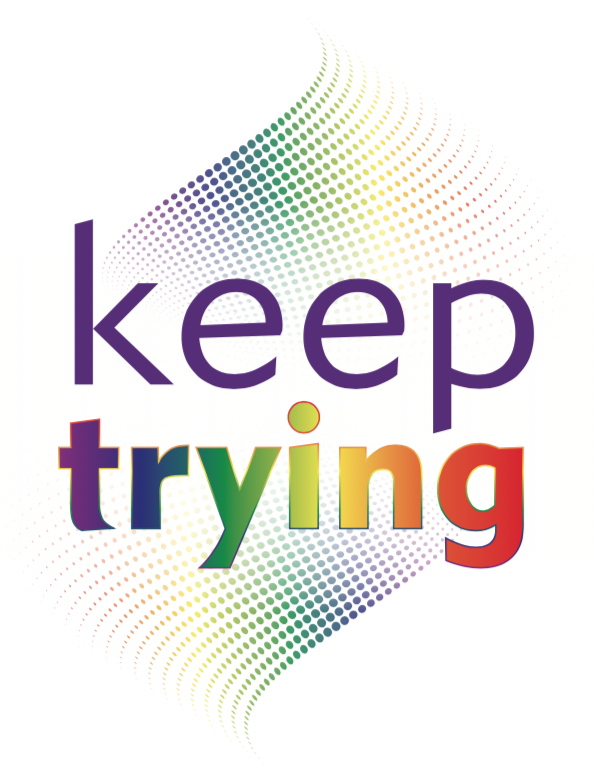
For many trauma survivors, the illusion of control provides a way to feel control so that they balance out feeling out of control when memories, flashbacks, and emotions of their past traumas surface. If they can control as much as possible about their daily lives it can appear to them that they are no longer out of control as a result of their traumas. The more control they have the better able they are to avoid the distress that comes with facing their traumas as described in this study Perceived Control and Avoidance in Posttraumatic Stress.
Many times a trauma survivor will seek out anything they think they can control in order to avoid the distress of their trauma history. The illusion of control is defined as “The illusion of control is the tendency for people to overestimate their ability to control events; for example, it occurs when someone feels a sense of control over outcomes that they demonstrably do not influence.” Many times people with trauma history will feel they can control everything around them and even convince themselves that the control they think they have is real.
If they can hold on to this belief that they are in control, then they do not have to confront the loss of control they feel when they relive their traumas. Even if they believe they control one thing, it is better than feeling as if they control nothing. This control can take many forms and some of them can be very destructive.
Self-harm is a classic trauma control. If someone is cutting, they are in control of the release of their pain. If someone is controlling their family members lives and choices, they are in control of trying to make their life different from what it was during their traumas. If someone is enforcing their control of themselves with drugs and alcohol, they diminish the emotions of their trauma.
The other side of control is avoidance. If someone can feel as if they are in control they can avoid confronting their traumas and the emotions that go with them. The very ways that they exercise control can be avoidance. For many trauma survivors, avoidance is automatic. They would do anything to not have to experience the emotions that come with remembering and talking about their traumas.
The illusion of control can seem very real, but it is false no matter how one might try to convince themselves otherwise. The illusion of control can seem to be real for a long time, years even, but there are points where it is evident that it is not and there will come a time it will not hold in the face of the emotions of trauma. These times usually come when their are anniversary dates involved with traumas, when flashbacks and memories occur, when someone engages in therapy, or when nightmares surface.
The illusion of control is only a covering, like a blanket of snow that remains for a while but eventually starts to melt, have holes, and disappear completely.
Until next time,
Deborah


